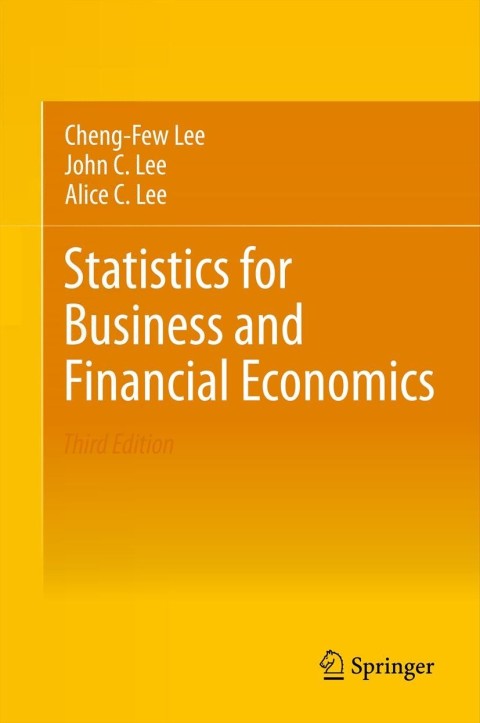Mr. Clark has $100 and would like to try his luck in an Atlantic City casino. Suppose
Question:
Mr. Clark has $100 and would like to try his luck in an Atlantic City casino.
Suppose he is faced with a 60/40 chance of losing $20 or winning $15. Further suppose that for a fee of $10, he can buy insurance that completely removes the risk.
(a) If Mr. Clark’s utility function is logarithmic for U(W) = In W, is he a riskaverse person? How do you know?
(b) Will Mr. Clark buy the insurance or take the gamble?
(c) Say the risk increases to a 70/30 chance of losing $20 or winning $15. How much of a premium will Mr. Clark now pay for insurance to remove the risk completely (assuming he remains risk-averse)?
(d) Say Mr. Clark’s initial wealth increases to $150. What change does this bring about in the risk premium he pays to remove the risk completely
(assuming he remains risk-averse)?
Step by Step Answer:

Statistics For Business And Financial Economics
ISBN: 9781461458975
3rd Edition
Authors: Cheng Few Lee , John C Lee , Alice C Lee





